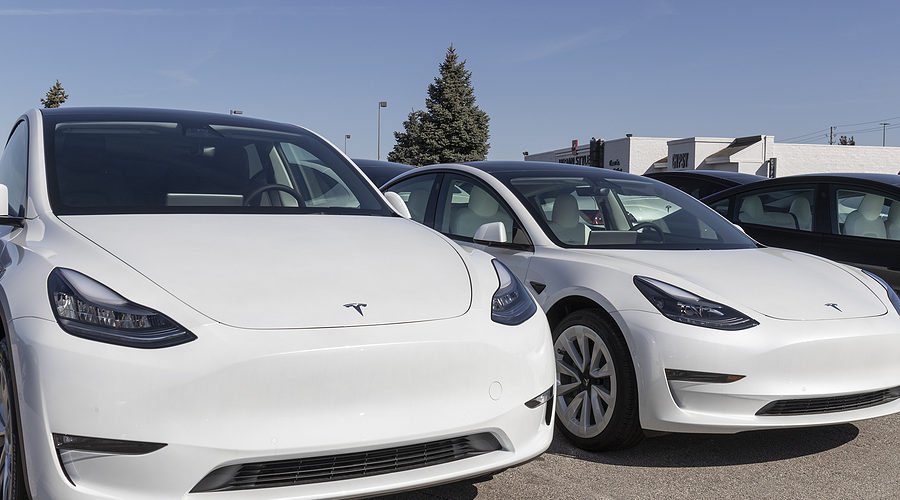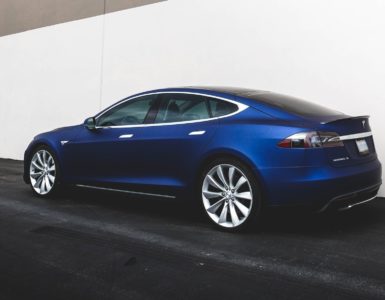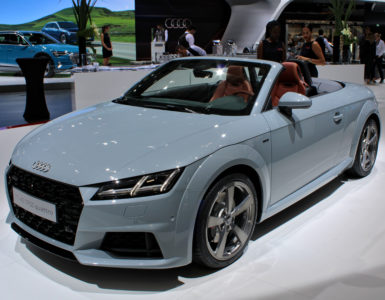The growing demand globally for electric cars according to the latest consolidated statistics released by automakers has increased significantly. According to the consolidated data the global Electric Vehicles Market has been estimated to be hovering at USD 140 Billion (as of 2019). This figure is expected to jump to USD 700 Billion within the next five years which renders the global Electric Vehicles Market with a compounded growth rate (annually) of 22% between now and 2026. The substantial growth being observed within the industry is attributed to the high adoption rate of electric vehicles across the planet year on year. The drivers behind the market include sensitivity to the environment, favorable policies, unmatchable incentives and the subsidies that are being put forth by state and federal governments. The fact that most governments are fast tracking the establishment of needed infrastructure to support EVs speaks volumes about just how keen governments are about achieving their ‘all electric roads’ objectives. A significant number of European nations, China, and as well as the U.S. have been leading the global electric vehicle market in relation to the sales of HEVs (hybrid electric vehicles) and PHEVs (plug-in hybrid electric vehicles). The industry has further been positively affected with the launch of wireless charging setups and turbo chargers pertaining to the growth of the industry.
The entire EV market is rapidly expanding so rapidly that the electric vehicle segment is expected to overwhelm gasoline powered vehicles in approximately five years. The EV adoption rate according to industrial players is simply put ‘staggering’. The development of highly efficient and durable batteries that are offered at affordable prices has brought down the ‘price bar’ and entered EV vehicles into the mid-priced automobile segment. Currently among the top market players that ply the EV market ‘route’ include Mitsubishi, BAIC, Toyota, General Motors, Daimler, Tesla, Ford, Changan, BMW, Hyundai, JMCG, Volkswagen, JAC, Yutong, SAIC, Renault-Nissan, BYD, Zotye, Geely, and Chery. The fact that conventional manufacturing facilities are being shut down by companies such as Ford, Toyota and Holden recently is more of an indicator that these companies are making a ‘quiet transition’ in preparation of what is to come within the next few years.
Other industry drivers that are lending support to the industry is the situation with the environment, EV cars are set to drastically reduce motorcar pollution levels which has been identified as a primary contributor to the greenhouse effect. Electric cars are set to reverse or at the least ‘stop’ the worsening environmental conditions due to global warming. The fact that electric cars are the future is an inevitable fact that automakers have no way of escaping from, but to embrace and follow through. The rising demand currently observed is just the tip of the iceberg and based on the ratio of increase in demand; automakers who are not prepared to meet the demand that is coming may just find their way out as the dodo did. Electric vehicles are not just going to preferred by consumers due to trends, but also due to easier maintenance and cost factors.





Add comment